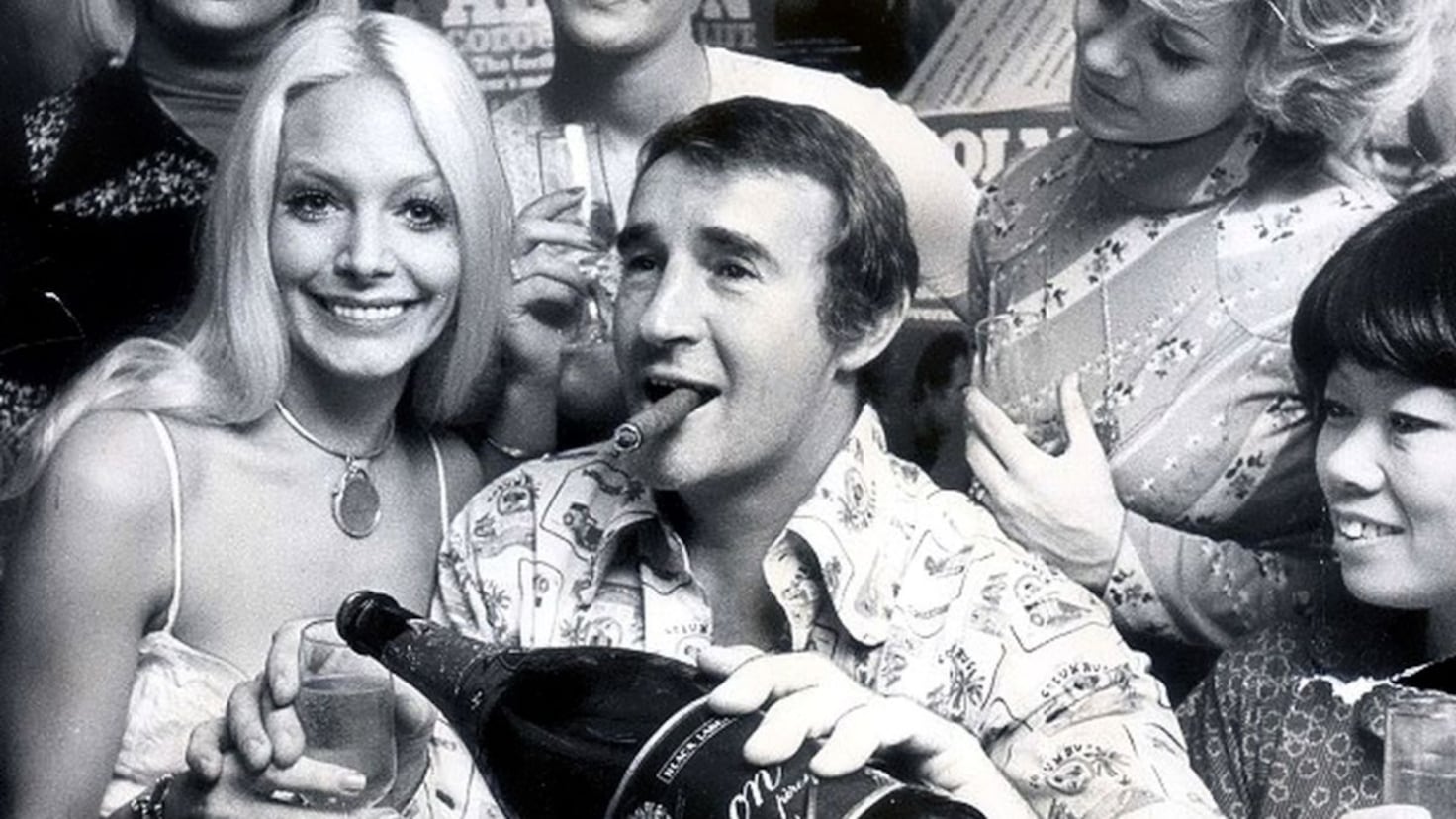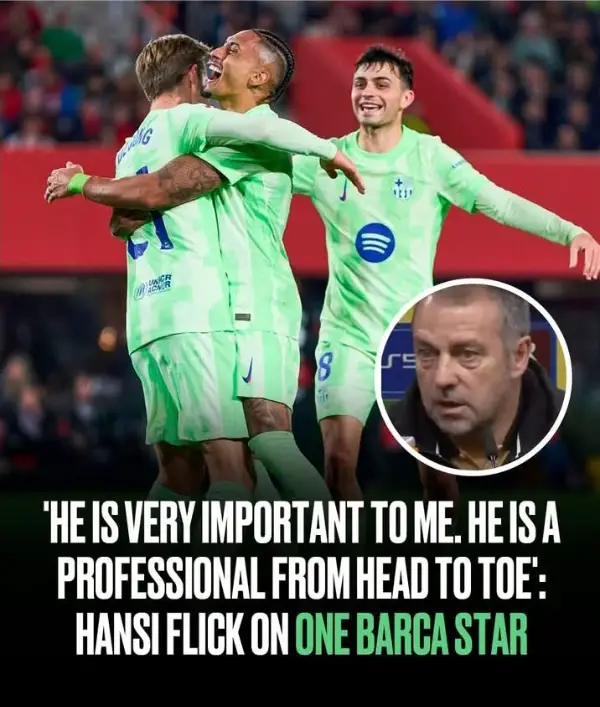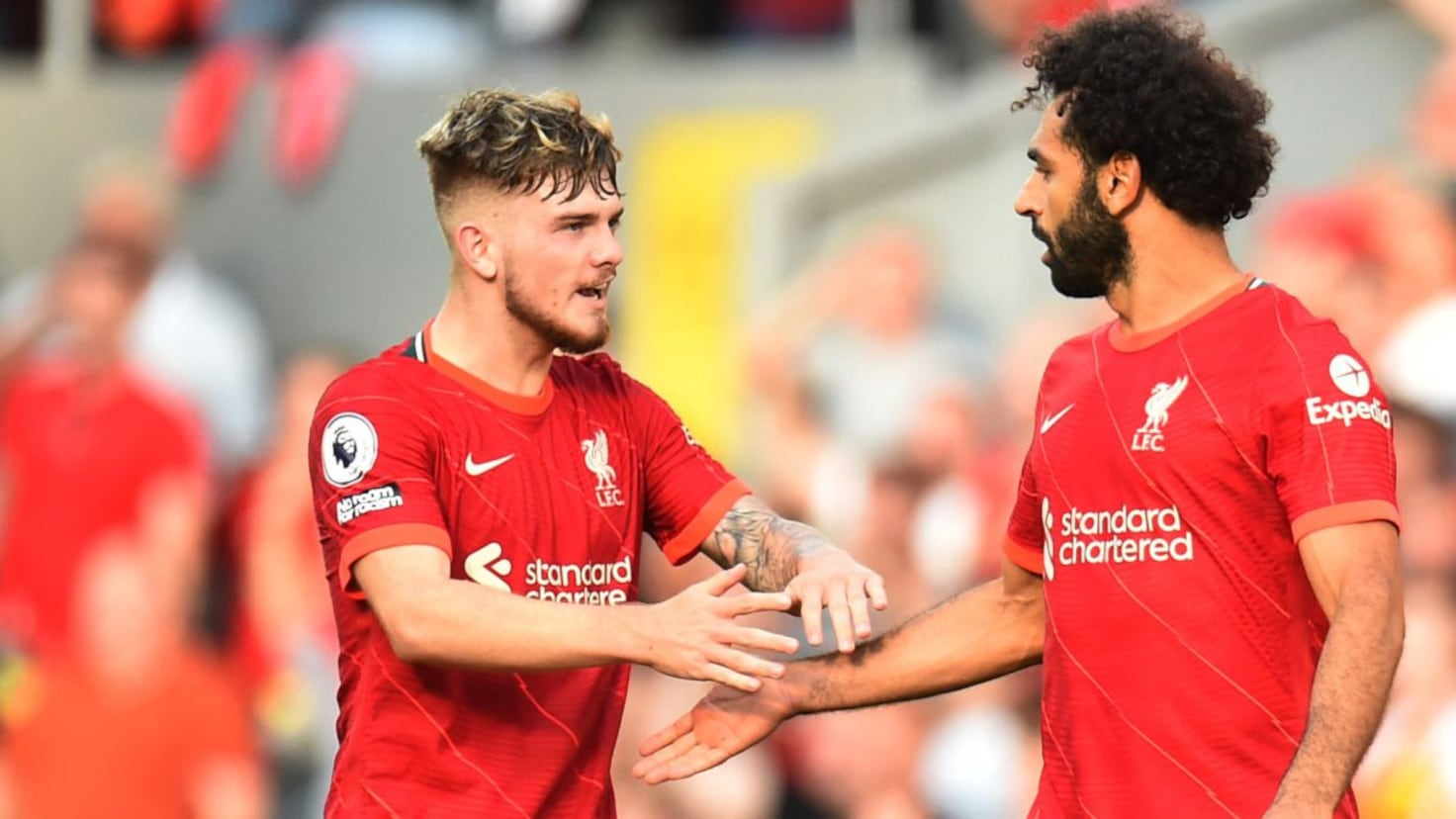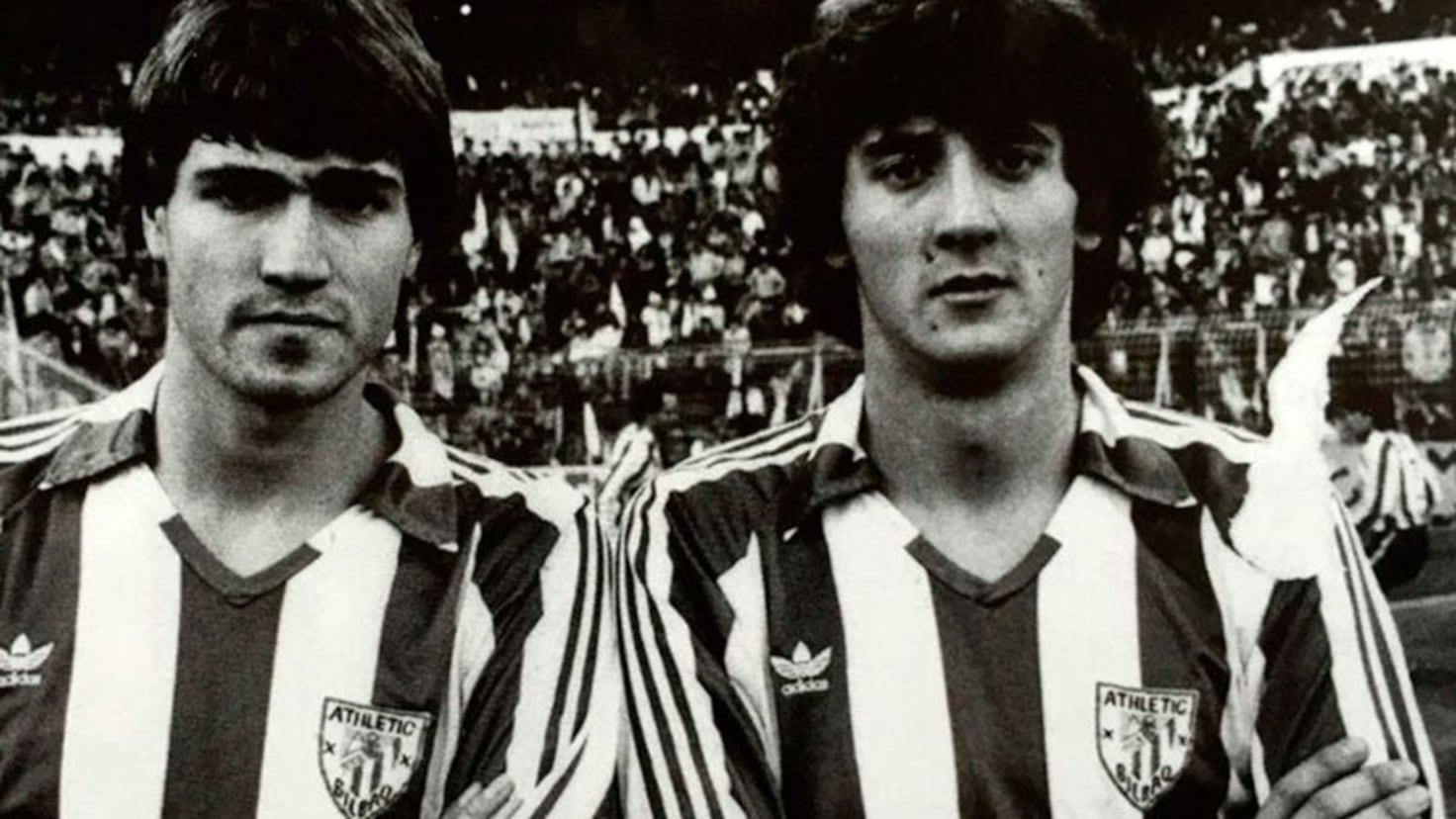In the mid-sixties, Manchester City was in very low times. Relegated to Second Division in 1963, Maine Road recorded a negative record of 8,015 spectators in January 1965 against Swindon Town. Something had to be done and that something was to hire Joe Mercer, a manager with well-earned prestige at Aston Villa. His father had been a player, disabled by gas inhalation on the front during World War I. He was also a footballer and a sergeant major in World War II. He removed a leg fracture at the age of 40. He was international 26 times.
But he suffered a stroke that impaired his mobility and they supported him for field work with the young Malcolm Allison. Retired prematurely due to tuberculosis that cost him a lung, he had started as a manager with successes in minor teams that led him to the West Ham youth academy, where he launched Bobby Moore, Martin Peters and Geoff Hurst, world champions. in 1966. West Ham was the most represented team in the Wembley final. All three spoke highly of Allison.
A magnificent cycle arrived: promotion in 65-66, League 67-68, Community Shield 1968, Cup 68-69, League Cup and Cup Winners’ Cup 69-70. Mike Summerbee, Francis Lee and Colin Bell were the stars.
Everything was going well, but the fans were divided. For the older ones, lovers of order and tradition, the credit went to Joe Mercer, the calm, wise, discreet man, whose auctoritas permeated everything. For the young people, followers of the Beatle revolution, the secret was the loquacious and modern Malcolm Allison, flirtatious, consumer of champagne and cigars, flag of the same revolution that George Best defended at United and the girls in miniskirts on Carnaby Street. For them, Allison was the one who was aware of the latest tactics, the one who understood the players, the one who knew the rivals, the one who was informed about everything, the one who was funny. And Mercer, a mummy.
The debate also divided the press: the formal one favored Joe Mercer, the yellow one enjoyed Allison. Mercer did nothing to fuel the controversy, Allison did nothing to calm it. So while Manchester City was the leading team in the United Kingdom, there was visible discord within the club, followed closely throughout the country. It was a debate between ages, between generations.
Winأ³ Allison. He raised an offer from Juve to demand the position of first manager and Mercer fell. The revolutionary sector had won, but the dissolution of the couple was the end of the cycle. Allison left the club in 72-73 to go to Crystal Palace, where he changed his nickname from Glazers to Eagles, and also the colors of the shirt, in search of a more modern image. At the same time, he began to touch himself with a borsalino. He was relegated in two seasons from First to Third. He was the protagonist of a major scandal when News of the World published a photo taken in the locker room pool with Allison and the porn actress Fiona Richmond, whom he had invited to training, naked in the water. His reputation as a womanizer was notable and he was credited with romances with two Miss United Kingdoms, the singer Dorothy Squires and even with Christine Keeler, the one from the famous Profumo case…

Enlarge
He returned to City in 1979. It was a failure despite two expensive acquisitions, our own Michael Robinson and Steve Daley. He would later recount his first meeting with the president, Peter Sawles, like this: “I looked at him, I saw his hairstyle, his England jacket and his suede shoes and I thought: ‘This is not going to work.’
His popularity reached its peak when, after 22 years of marriage and four children, he left his first wife to marry playmate Sally-Ann Highley. It lasted two years and a daughter. “It was the worst mistake of my life.”
He trained abroad, Galatasaray and Sporting de Portugal, with whom he scored a double in 81-82, his great personal success. Then his career would fade away, in increasingly smaller teams, in step with the curiosity about his private life. In 2007, when he turned 80, his former Crystal Palace fans held a Fedora Day in honor of him (fedora is equivalent to borsalino) during the visit of Preston North End, in the round of 16 of the Cup. They occupied a stand with their Borsalinos, their cigars and their champagne.
By then he was already out of everything, due to alcoholism. In 2009 he was diagnosed with dementia, in 2010 he died, aged 83, leaving six children by three women. On the way to the cemetery the procession passed along Maine Road, where several hundred fans said their last goodbye. On the coffin was a bottle of champagne in an ice bucket adorned with City’s sky blue scarf.









